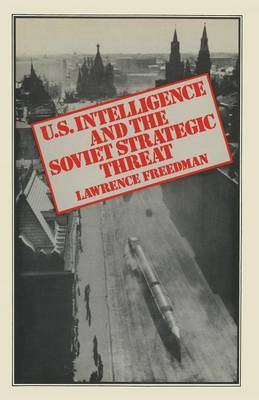Princeton Legacy Library
2 total works
The author examines in detail the organization of the U.S. intelligence community, its attempts to monitor and predict the development of Soviet forces from the early days of the cold war, and how these attempts affected American policy and weapons production.Originally published in 1987.The Princeton Legacy Library uses the latest print-on-demand technology to again make available previously out-of-print books from the distinguished backlist of Princeton University Press. These paperback editions preserve the original texts of these important books while presenting them in durable paperback editions. The goal of the Princeton Legacy Library is to vastly increase access to the rich scholarly heritage found in the thousands of books published by Princeton University Press since its founding in 1905.
This book is a study of the 1982 Falklands War, not only one of the most extraordinary military confrontations of recent years but also a turning-point in the politics of Britain and Argentina. Unusually for a major conflict it is now possible to follow its development from both sides. In this book two leading experts from the belligerents have come together to produce an integrated and authoritative account of the war's origins and course. The book unravels the complex series of events leading to the occupation of the Falkland Islands on 2nd April 1982 by Argentine forces and then follows the conflict through to their surrender to the British on the 14th of June. The authors combine an account of the development of the military confrontation with the attempts by the Americans, Peruvians and the United Nations to help find a diplomatic solution.

